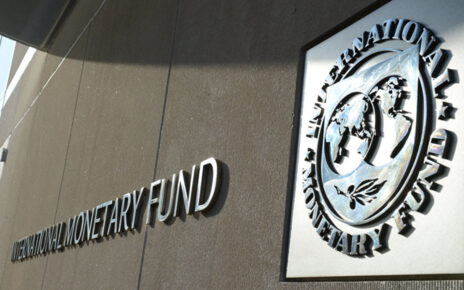As discussions on the possibility of the UK joining the Trans Pacific Partnership continue, British businesses have said they still expect Europe to be their most valuable market this year.
Making their position known through a survey by the British Chamber of Commerce and DHL, the businesses regard access to European markets and products as fundamental to their medium-term trading strategies
According to a news report by Tax-News.com, the results, based on the responses of over 1,300 businesses, found that over the next three years, the top two markets that most businesses plan to start or continue exporting to are Western Europe (44 percent) and Central and Eastern Europe (32 percent). Western Europe (36 percent) is also the market that most firms plan to import from.
The findings showed that 46 percent of UK businesses foresee the most significant barriers to trading with foreign markets as being tariffs (taxes on trade), followed by customs procedures (39 percent) and local regulations (20 percent).
Similarly, the results also showed that exporters’ strategies over the next three years would primarily be influenced by increased demand from overseas buyers (48 percent), exchange rates (36 percent), and the UK’s future withdrawal from the EU (35 percent).
The British Chamber of Commerce said the results of the survey underlined the importance of the UK and EU reaching a business-friendly trade agreement that minimizes costs and trade barriers.
The chamber stated that “Europe will not only remain an important market for UK businesses to sell to, but with minimal evidence that UK businesses can substitute domestic inputs for imports in the short term, access to the European market will be crucial for firms to source components.”
Commenting, the Director General of the Chamber, Adam Marshall, stated: “Europe is the UK’s largest trading partner, so it will come as no surprise that businesses regard access to European markets and products as fundamental to their medium-term trading strategies. Now that negotiations on the future UK-EU relationship are set to begin, businesses need clarity on the practicalities of the future trading relationship between the UK and EU without delay.
“High tariffs, cumbersome customs procedures, as well as conflicting regulatory requirements can deter firms from trading overseas – so a future agreement between the UK and the EU must minimize barriers and costs, to allow firms on both sides of the [English] Channel to continue trading as freely as possible.
“The devaluation in sterling seen over the past 18 months has been a double-edged sword, providing a welcome boost for some exporters, but a drag on many other firms, who report higher costs for their inputs and components. While UK firms would like to be able to source inputs on the domestic market, our evidence suggests that swapping imports for domestic supplies isn’t presently an option for many.
“If businesses can’t find or afford to source their supplies domestically, easy and quick access to foreign markets is crucial. Both the UK government and EU Commission must work together in [2018] to move towards a frictionless trade deal that works for both British and European businesses”, Marshall stated.




